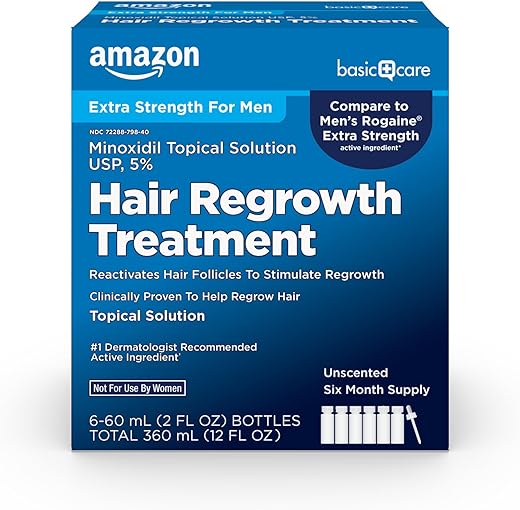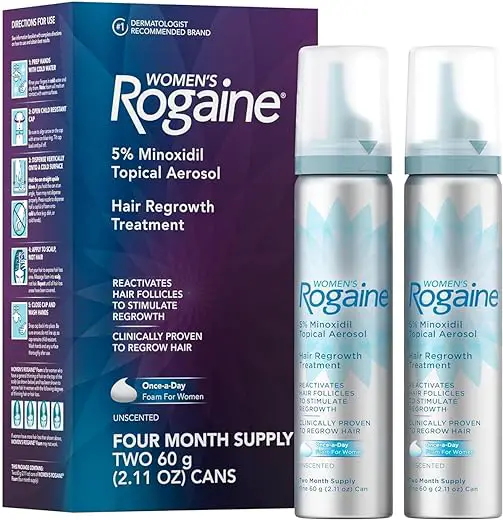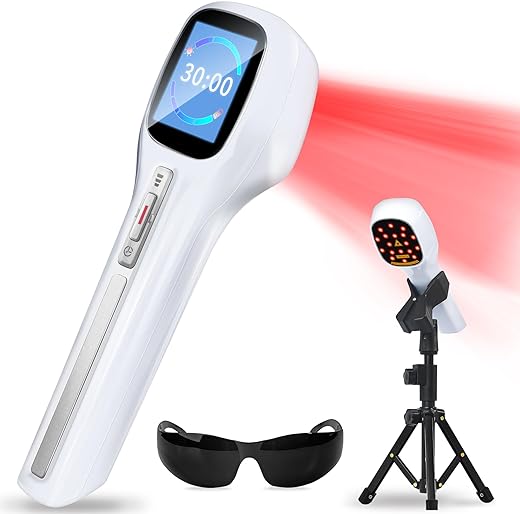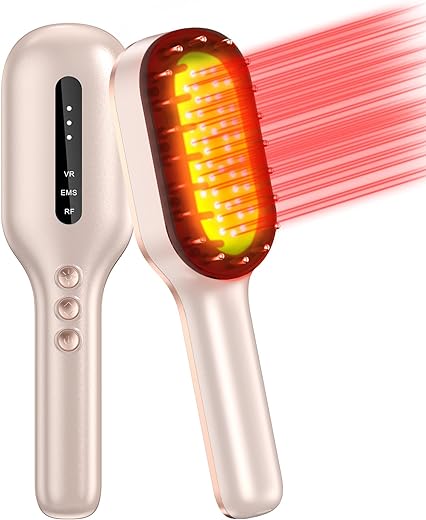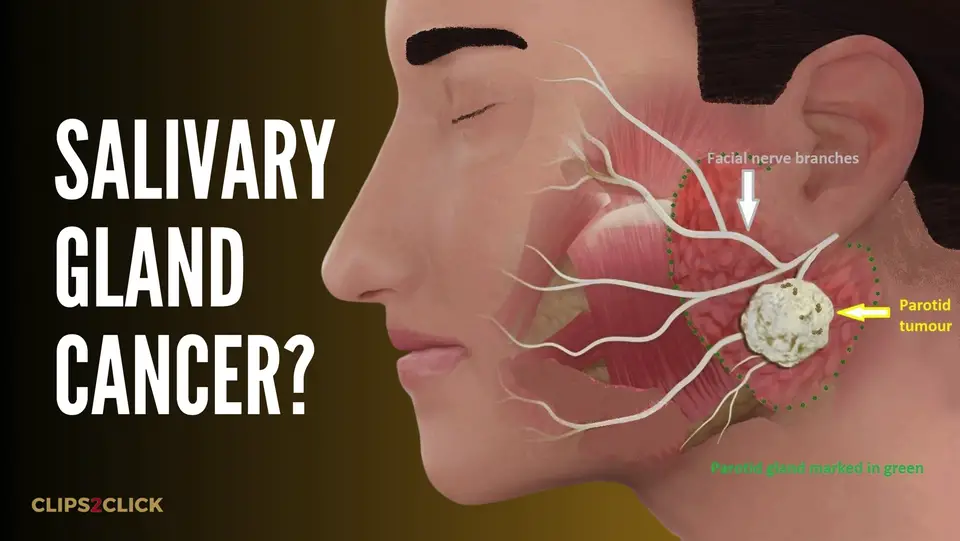Hair Loss Treatment: Understanding Your Options

Hair loss treatment can address various types of hair loss, but the underlying hair loss causes determine the best course of action.
It’s important to distinguish between normal shedding and actual hair loss. While losing 50 to 100 hairs a day is normal, noticeable thinning, widening of the hair part, or bald patches warrant attention.
Common Causes of Hair Loss
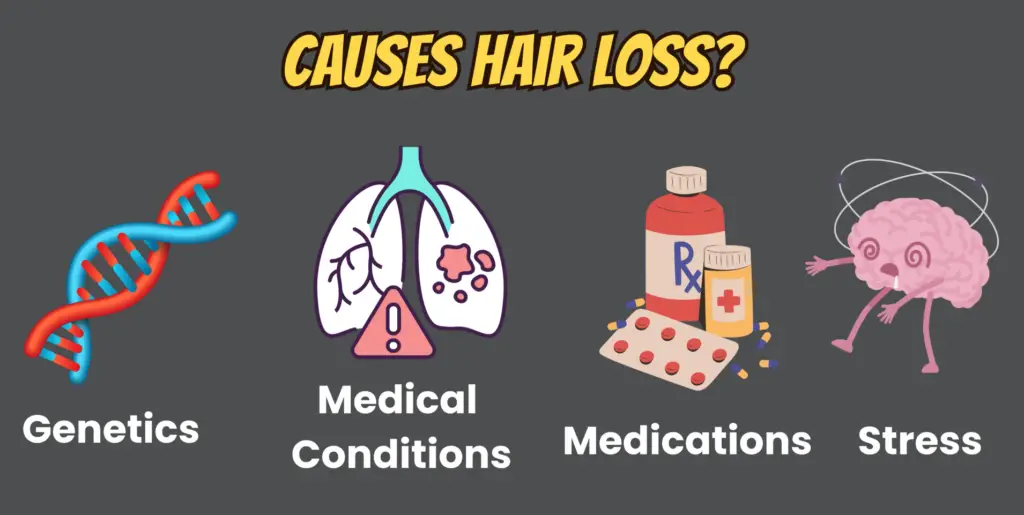
Several factors contribute to hair loss, and understanding them is crucial for effective hair loss treatment:
1. Hereditary factors (androgenic alopecia)
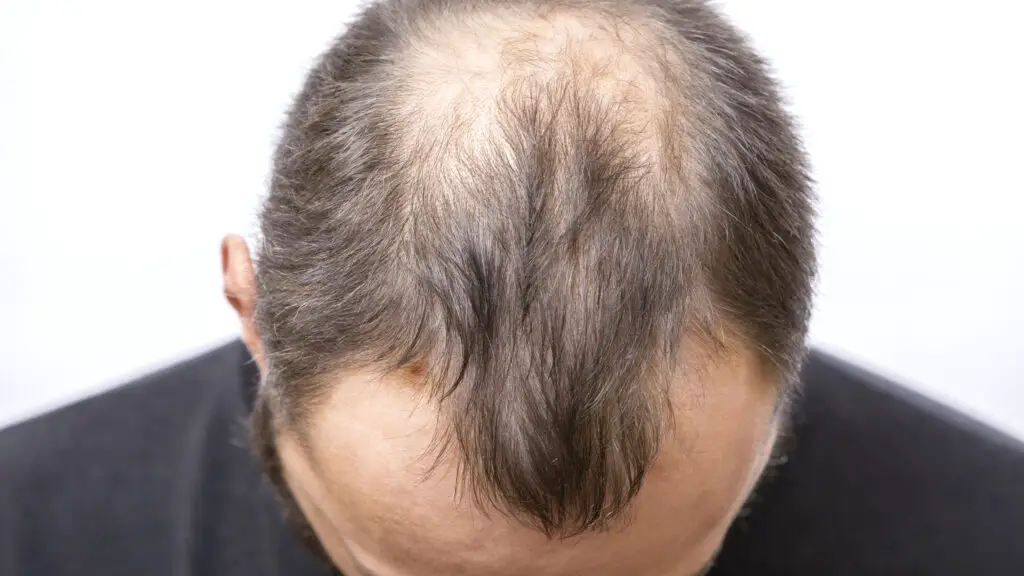
The most common cause, affecting both men and women. This type of hair loss, also known as male or female pattern baldness, involves a gradual shrinking of hair follicles, eventually halting hair growth. Early treatment yields better outcomes in slowing down or reversing hair loss.
2. Age
Hair growth naturally slows with age, and follicles may stop producing new hair, leading to thinning.
3. Alopecia areata
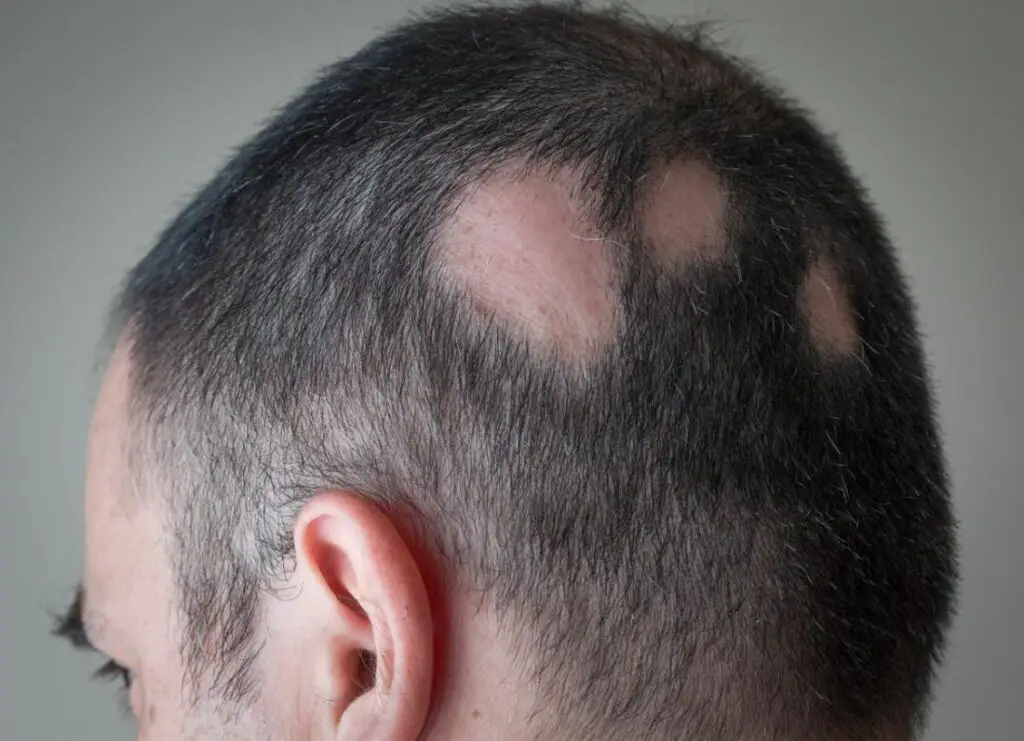
An autoimmune disease where the immune system attacks hair follicles, resulting in patchy hair loss on the scalp and body.
4. Medical treatments
Chemotherapy and radiation therapy, particularly to the head and neck, frequently cause hair loss.
5. Hormonal changes
Pregnancy, childbirth, menopause, and thyroid issues can trigger hormonal imbalances that lead to temporary or permanent hair loss.
6. Stressful events
Physical or emotional stress can cause a sudden increase in hair shedding (telogen effluvium), leading to overall thinning. In most cases, hair regrows to its normal fullness within 6 to 9 months after the stressor subsides.
7. Hairstyles

Consistently wearing tight hairstyles that pull on the hair, such as braids or tight ponytails, can cause a type of hair loss called traction alopecia.
8. Medications
Hair loss is a potential side effect of some medications, including those used to treat cancer, arthritis, depression, and heart problems.
9. Scalp infections
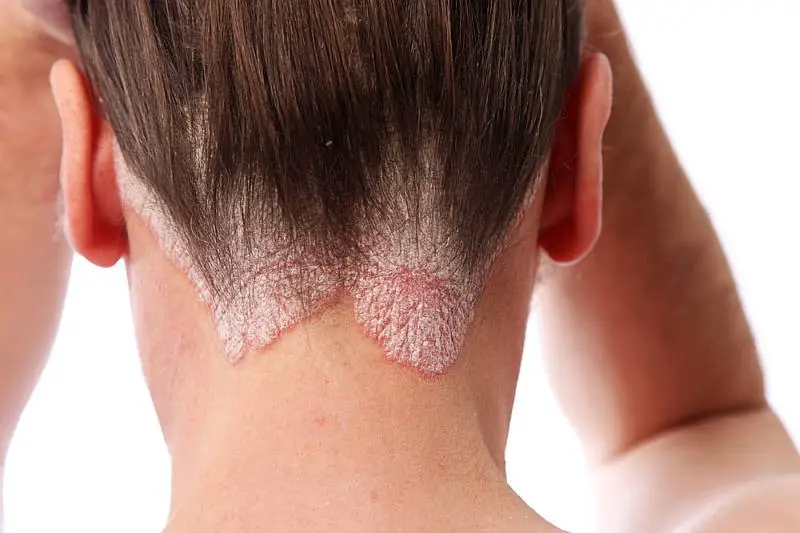
Fungal infections like ringworm can affect the scalp and damage hair follicles, leading to hair loss.
Hair Loss Treatment Options
Treatment options vary depending on the underlying cause of hair loss.
Topical Medications:
Over-the-counter medications, such as minoxidil, applied directly to the scalp, are common first-line treatments for hair loss.
Minoxidil is believed to prolong the hair growth phase and improve blood flow to hair follicles. These medications require continuous use for sustained results, and effectiveness may vary.
Oral Medications:
Prescription medications, such as finasteride, are available for men with male pattern baldness.
Finasteride works by blocking the conversion of testosterone to dihydrotestosterone (DHT), a hormone linked to hair loss.
Hair Transplant Surgery:
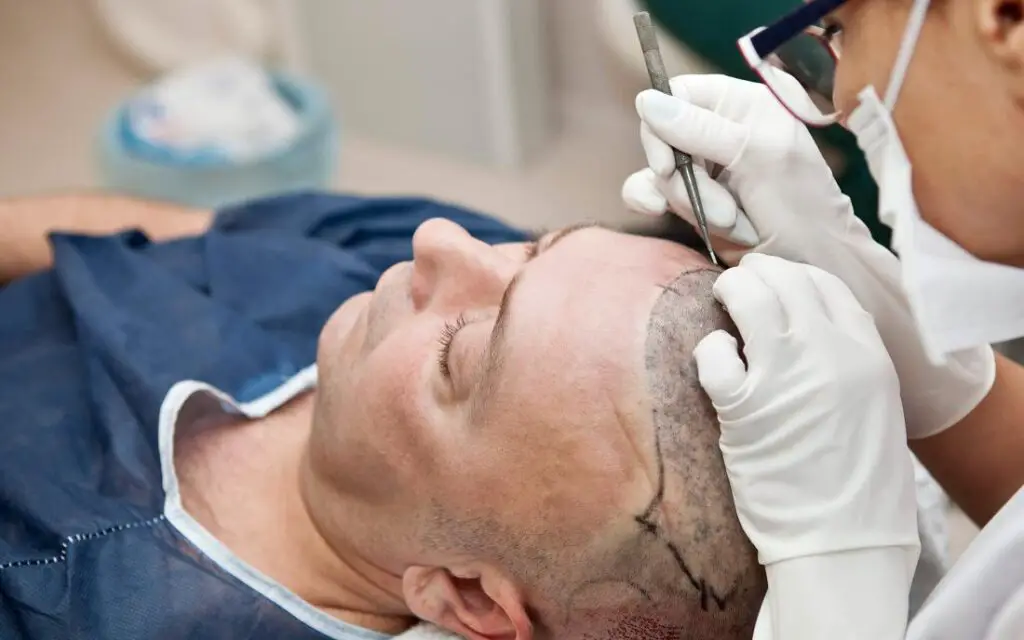
This procedure involves transplanting small plugs of hair-bearing skin from a donor area to areas of the scalp experiencing hair loss.
Platelet-Rich Plasma (PRP) Therapy:
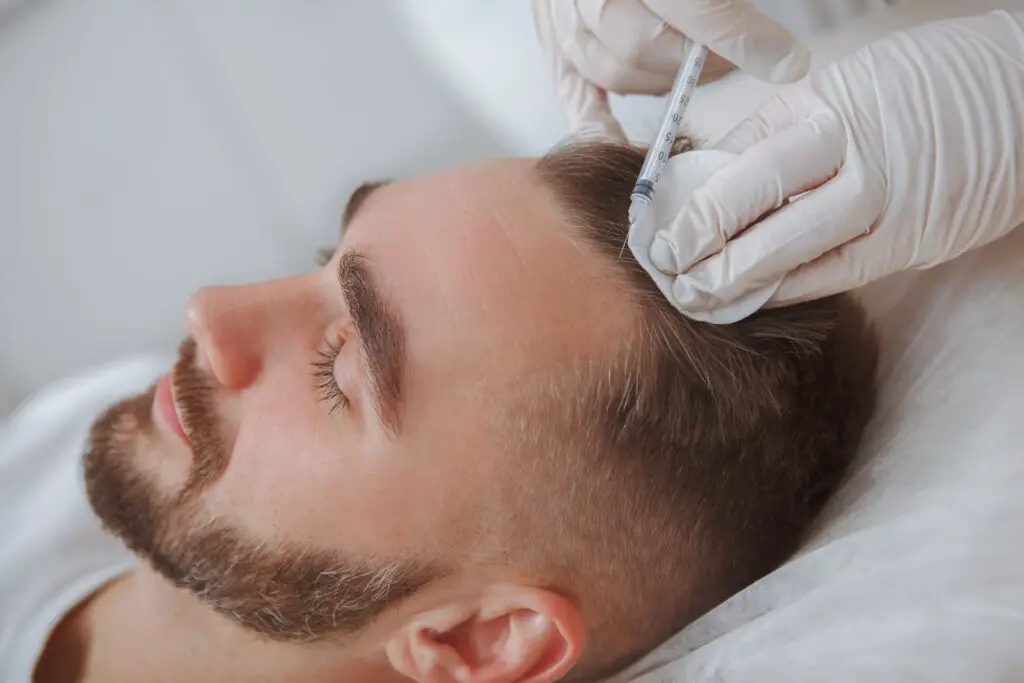
In this treatment, platelet-rich plasma extracted from the patient’s blood is injected into the scalp to promote hair growth. PRP contains growth factors that stimulate hair follicle activity and encourage new hair growth.
Low-Level Laser Light Therapy:
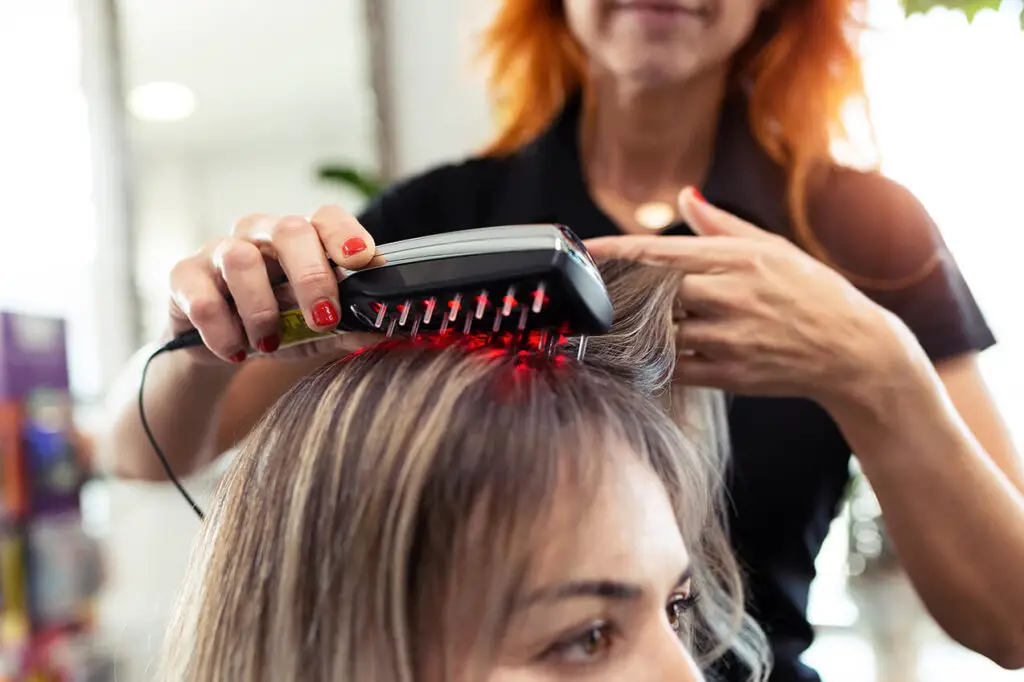
Devices like laser combs emit low-level laser light, which may stimulate hair growth.
Hair Loss Shampoo and Vitamins
While some hair loss shampoos may help with hair and scalp health, they are unlikely to cure hair loss on their own. Shampoos containing ingredients like ketoconazole might have some benefit as an adjunctive treatment option for androgenetic alopecia.
Hair loss vitamins play a role in maintaining healthy hair growth. However, vitamin supplementation might not be sufficient to treat hair loss if an underlying medical condition is present.
Hair Loss and Itchy Scalp
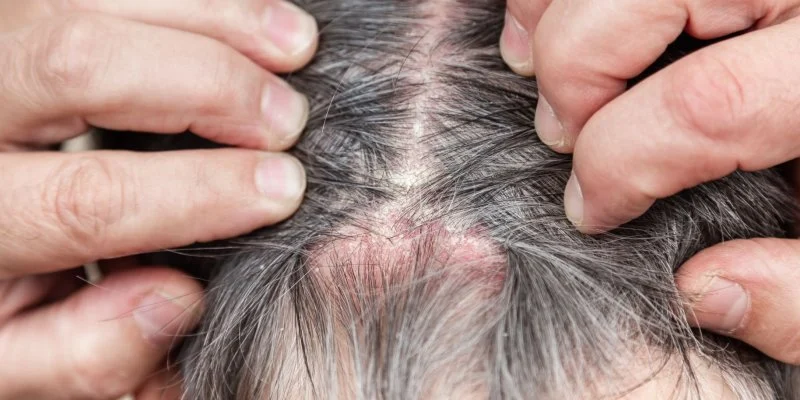
An itchy scalp can accompany hair loss. If you experience an itchy scalp along with hair loss, it’s crucial to consult a healthcare professional.
Conditions like scalp infections, scalp psoriasis, or other dermatological issues could be the cause. They can accurately diagnose the problem and recommend the appropriate treatment, which may involve antifungal medications, medicated shampoos, or other targeted therapies.
When to See a Doctor
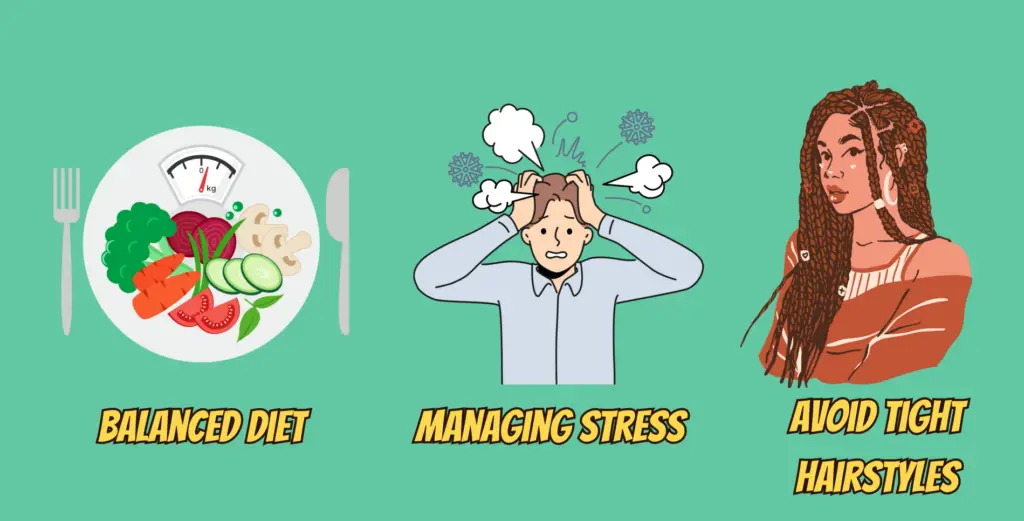
It’s important to seek medical advice if you notice:
- Sudden or excessive hair loss
- Patchy hair loss
- Hair loss accompanied by an itchy, burning, or irritated scalp
- Any unusual symptoms alongside hair loss
A healthcare professional can help determine the cause of your hair loss and recommend the most appropriate treatment options. Early intervention often leads to better outcomes.

